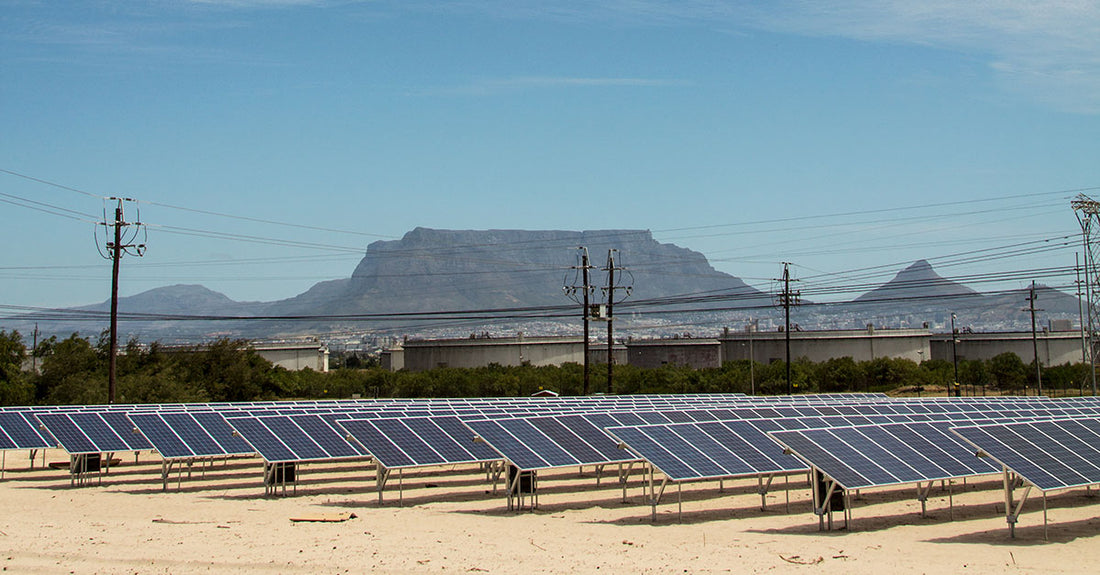
Solar Power Lights up De Grendel
Share
Investing in solar photovoltaic energy has proved a wise decision for De Grendel, both financially and environmentally, and enhanced the Graaff family’s deep legacy of sustainable stewardship of the historic farm.
The solar photovoltaic (PV) plant commissioned at the end of 2015 consistently exceeds its targeted output and now powers a third of De Grendel’s operation, resulting not only in cost savings but also further improvement in De Grendel’s sustainability and already negative carbon footprint.
De Grendel’s fourth-generation owner Sir De Villiers Graaff explains: “The cost savings on our power bill mean that we can be more profitable, that employees’ jobs are safer, and that hopefully we can expand in the future and employ more people. The overall impact is that we can be more sustainable.”
He said that sustainability on the wine farm is about efficient use of resources, especially the two major resources of water and energy.
“Using Eskom power, we are contributing to the burning of fossil fuels for electricity and so we decided to introduce solar energy to further reduce our carbon footprint. It will take approximately seven years to pay off the investment, and we are well on our way there.”
The high-performance solar photovoltaic panels were installed and commissioned in November 2015 on land that was optimally located close to the farm's Eskom equipment. The plant operates at 189kWP (kilowatt peak, or maximum performance) and daily and monthly targets for power output are set according to expected weather conditions.
In most months, the system delivers more than 100% of the set target.
De Grendel has long been a net carbon sink, with assessments showing that its natural vegetation removes more greenhouse gasses from the atmosphere than are released by the farm operations.
Thirty percent of the farm’s land area is devoted to conservation of the pristine indigenous renosterveld that is home to rare and delicate floral species, and vineyards take up a further 15%.
“We are proudly carbon negative and now that a third of our power is generated by solar, we have reduced our impact on carbon emissions and the environment even further,” Sir De Villiers said.

